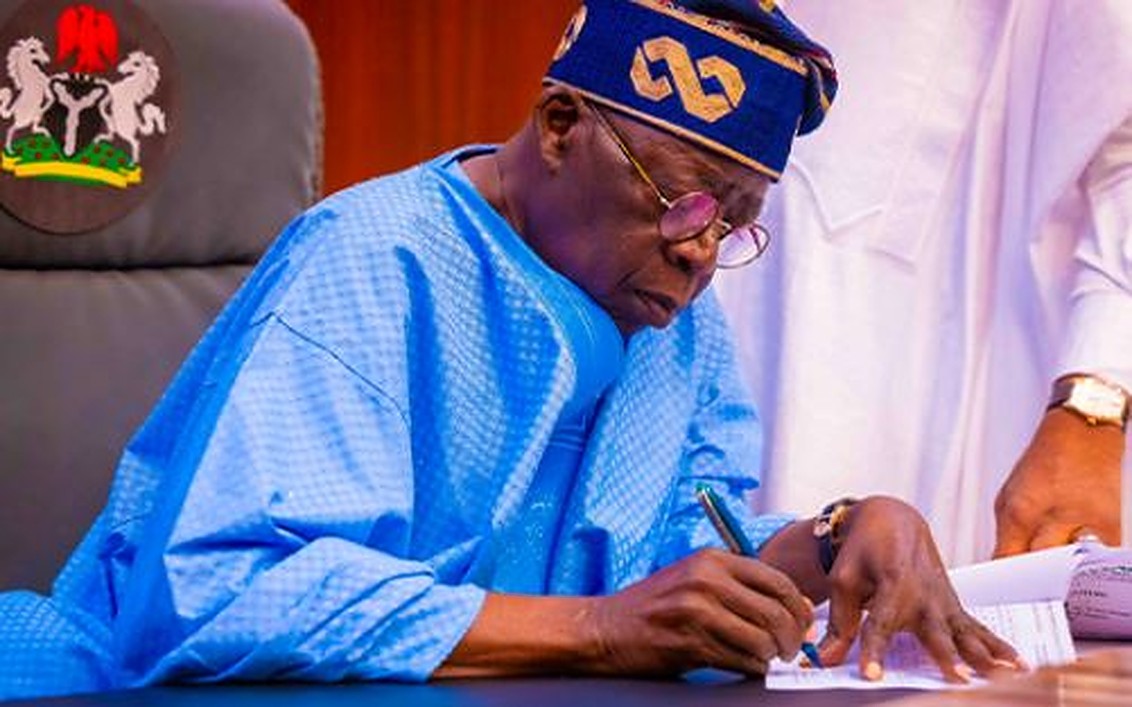
President Bola Tinubu’s presidency started with an ambitious agenda, marked by bold policy drives and economic restructuring. However, as he reaches the 60-day mark in office, his administration faces a significant setback due to the delay in forming a constituted Federal Executive Council (FEC).
Indications have emerged that President Tinubu might not have a fully constituted cabinet until September, as the Senate’s scheduled 2023 end-of-session recess threatens to create a nearly four-month hiatus in the new administration.
The delay in appointing ministers has raised concerns, as the President risks breaching the constitutional requirement of submitting his ministerial list to the Senate for screening and confirmation within 60 days of taking office. Failure to do so could lead to potential impeachment by the 10th National Assembly, as mandated by the bill signed by President Muhammadu Buhari on March 17, 2023.
Former President Buhari faced similar criticism during his first term, as he took six months to constitute his cabinet. To avoid following a similar path, President Tinubu appointed some Special Advisers (SAs) to oversee critical areas of governance. However, this move has not quelled the concerns surrounding the formation of a complete cabinet.
As the constitutional deadline approaches, some Senators are contemplating the possibility of suspending their annual recess to conduct the screening and confirmation process should President Tinubu submit the list to the Senate.
The Senate Majority Leader, Opeyemi Bamidele, had assured the public that the President would provide the ministerial list within 48 hours. Nevertheless, the delay has caused uncertainty, with Senators divided on whether to proceed with the recess or suspend it to start the screening immediately.
In light of the situation, a Professor of Public Administration and World Bank consultant, Oladipo Adamolekun, advised President Tinubu to attach portfolios to the ministerial nominees for proper screening. He also urged the President to reduce the number of political appointees to reflect the hardship faced by Nigerians in the country.
Since assuming office, President Tinubu has made several foreign trips, drawing comparisons to his predecessor’s globetrotting tendencies. Additionally, his decision to remove fuel subsidy immediately after inauguration led to a rapid increase in the prices of essential commodities, further exacerbating the hardships faced by the populace.
Despite the challenges, President Tinubu’s supporters remain optimistic that he will steer the nation towards economic recovery and restoration. However, criticism persists, with observers and some Nigerians expressing disappointment in the administration’s performance during its first 60 days in power.
As the deadline looms for the submission of the ministerial list, all eyes are on the Senate chamber today to witness the unveiling of the much-anticipated cabinet nominees. Whether President Tinubu can overcome the current challenges and fulfill the promises of his presidency remains to be seen.





Comments are closed.